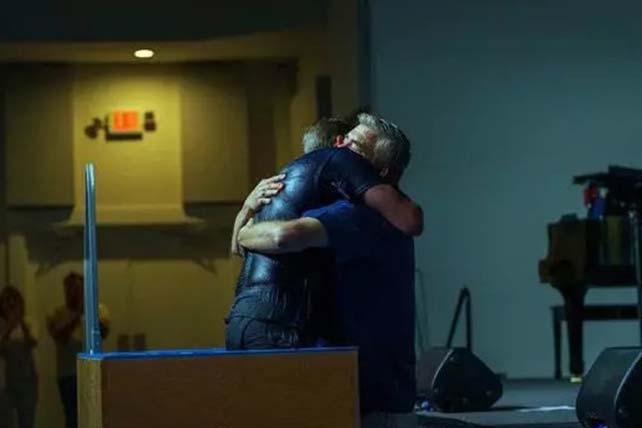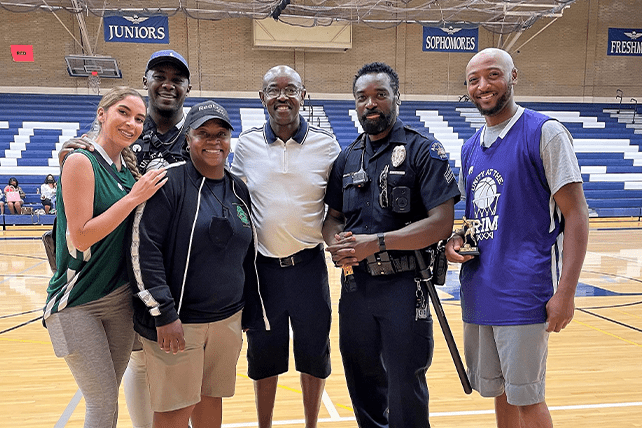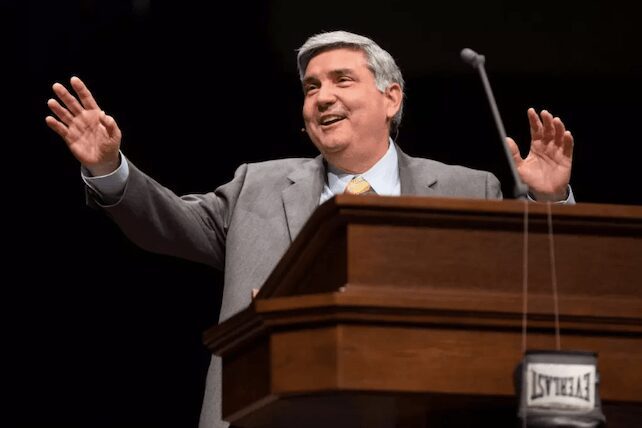Church membership should not consist of rules to keep people out, but ramps to help people grow. Membership in a local church may seem outdated or unnecessary, but if led well, it adds great strength to your church. We need to be aware that there are definite reasons people don’t become church members.
Candidly, nearly all churches have some form of “membership.”
- Some formal, calling it church membership.
- Others informal, using words like belonging, discipleship, culture, team, or community, etc.
Both are referring to the same idea, but with different words, in a different style, and with differing amounts of emphasis.
I’ve served in two churches that are part of The Wesleyan Church, a great denomination. In both churches, I’ve taught all or part of the membership class for many years.
It’s been my practice to remain after the class and field questions from anyone who wants to talk. I’ve listened to thousands of questions over thirty years.
These are among the five most often asked questions from people who don’t become church members.
- What if my spouse is not a believer?
- What if I’m not sure about being baptized?
- What if I don’t have time to serve in a ministry?
- What if I can’t give a full tithe?
- What if I’m not qualified to be a leader?
These questions are packed with doubt and uncertainty for people who don’t become church members. Those who have asked these questions wonder if they measure up to what they’ve been encouraged to embrace for spiritual growth.
In each case I emphasize a grace-filled path for growth rather than an either-or, you are in or out, kind of membership loaded up with a list of do’s and don’ts, rules and requirements.
Church membership is most effective when you emphasize vision, values, teamwork, and life change. Church growth is essential, but focus on the growth of the person, not the growth of the church.
I’ve wondered at times why questions like the five I mentioned arise in a class taught with so much grace, encouragement, and opportunity. So, I’ve asked those who attend and people who don’t become church members.
The most common response for people who don’t become church members includes two things:
1) Their church background.
Their previous experience is not always positive. They have often only known a list of do’s and mostly don’ts.
2) Culture is changing – rapidly.
Membership is no longer something desired unless there is perceived value. People want to be part of something they value.
Membership in current culture does work, from frequent flyer miles on Delta to discounts at Costco, and from a free sandwich at Subway to Prime Membership with Amazon where you receive free shipping.
People do join where they perceive value.
This might sound like an approach that builds consumer Christians, that’s not at all what I want to communicate.
In fact, it’s the opposite. Let’s not use the word membership for a minute.
Maybe you communicate; become part of our church family, or find a place to belong within our community, or discover your place on the team.
Use whatever language you would prefer and fits your culture.
The concept of belonging to a body of believers, (whether you call it membership, team, community or family, etc., is about spiritual growth, a call to maturity, and giving yourself away to others.
The foundational leadership principle that makes this work is: You as the leader(s) give first.
Good leaders always give first and invest more. When you model this lifestyle, the people in your congregation discover that you really do want more for them than from them.

























